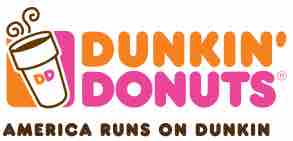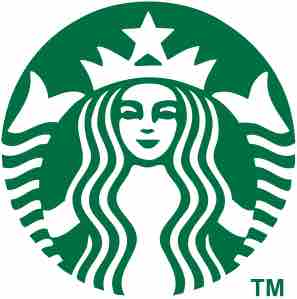"Branding is a way to create an emotional connection with a specific audience. " - Troika, a network branding company.
What is the Purpose of Branding and Why Is It So Important?
Branding involves researching, developing, and implementing brand names, brand marks, trade characters, and trademarks. It undoubtedly requires a significant contribution from marketing communications and is a long term exercise, but one that reaps long-term profitability.
Branding is crucial to the success of any tangible product. In consumer markets, branding can influence whether consumers will buy the product. Branding can also help in the development of a new product by facilitating the extension of a product line or mix, through building on the consumer's perceptions of the values and character represented by the brand name.
Benefits of Branding for the Consumer
Effective branding of a product enables the consumer to easily identify the product because the features and benefits have been communicated effectively. This will increase the probability that the product will be accessible and therefore purchased and consumed. Dunkin' Donuts , for example, is a brand that has an established logo and imagery that is familiar to most consumers. The vivid colors and image of a DD cup are easily recognized and distinguished from competitors.

Dunkin' Donuts Logo
The Dunkin' Donuts logo, which includes an image of a DD cup of coffee makes it easy to spot anywhere. The coffee is known for being a good value at a great price.
Benefits of Branding for the Manufacturer
Branding helps create loyalty, decreases the risk of losing market share to the competition by establishing a differential advantage, and allow premium pricing that is acceptable by the consumer because of the perceived value of the brand. Good branding also allows for effective targeting and positioning. For example, Starbucks is a brand known its premium coffee. Starbucks has a loyal fan base due to its established global branding that communicates value.

Starbucks logo
Starbucks is a brand associated with premium, high-priced coffee.
Benefits of Branding for the Retailer
Branding enables the retailer to benefit from brand marketing support by helping to attract more customers (ideally ones who normally don't frequent the establishment). For example, a customer who truly values organic brands might decide to visit a Babies R Us to shop for organic household cleaners that are safe to use around babies. This customer might have learned that a company called BabyGanics, which brands itself as making "safe, effective, natural household solutions", was only available at this particular retailer.